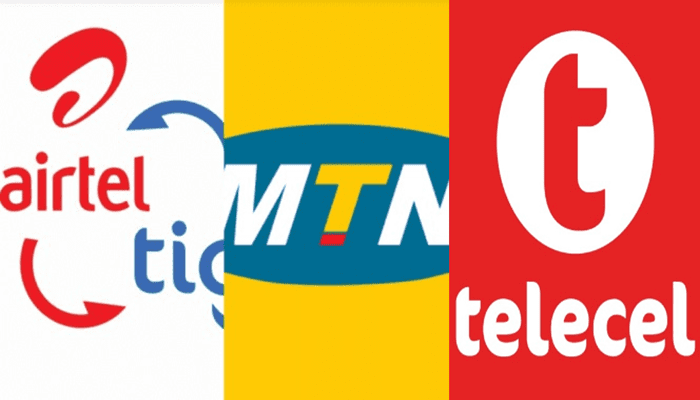The Ghana Chamber of Telecommunications has raised alarm over the rising number of fibre cuts damaging the country’s telecommunications infrastructure, resulting in significant financial costs and degraded customer experience.
In the first half of 2024 alone, 5,133 fibre cuts were recorded nationwide, costing the telecommunications industry GH₵118 million in repairs.
Impact
The Chamber lamented that funds earmarked for the expansion and enhancement of telecommunications services had to be diverted to repair damaged fibre networks.
This has hindered the ability of telecommunications companies to invest in improving services for their customers.
“Save Our Fibre” campaign launched
In response, the Chamber has launched a “Save Our Fibre” campaign aimed at publicly highlighting the construction projects and activities responsible for these fibre cuts, as well as the communities affected.
The campaign seeks to educate the public about the importance of fibre networks, which are essential for providing seamless telecommunications services.
Fibre’s critical role in telecom services
The release emphasized that fibre networks, whether laid underground or strung above ground, are crucial for faster data transfers, real-time communication, and high-bandwidth applications.
Fibre is also highly reliable, resistant to interference, and ensures clear and secure transmissions, making it the preferred resource for modern network operations.
Frequent fibre cuts disrupt telecom services
Despite the expected security of fibre when buried underground, Ghana’s telecommunications infrastructure continues to suffer frequent cuts, which disrupt services.
The Chamber explained that these damages directly impact telecom services, leading to poor call quality, slow internet speeds, network congestion, and, in some cases, complete service outages.
Engagement with stakeholders to protect infrastructure
To address the issue, the Chamber has been actively engaging with key stakeholders, including the Ministry of Roads and Highways, utility companies, and road contractors.
Through participation in National Engineering Coordinating Team (NECT) meetings, the Chamber is pushing for stronger collaboration to protect telecom infrastructure during construction activities.
Calls for accountability and legal action
Despite these efforts, the Chamber noted that some entities remain uncooperative, repeatedly causing damage to critical infrastructure.
To combat this, the Chamber is seeking the support of the Police and Judiciary to prosecute those responsible for the recurrent fibre cuts.
Additionally, it is encouraging its members to consider legal action against those who fail to cooperate, hoping that such actions will deter future incidents.
The Chamber expressed optimism that increased accountability could significantly reduce, and potentially eradicate, the fibre cuts that continue to frustrate subscribers and impede Ghana’s digital progress.
- Commonwealth lawyers demand reversal of CJ’s suspension - 10 May 2025
- Cedi to resume depreciation in late 2025, S&P warns - 10 May 2025
- Debt restructuring, IMF deal, gold surge propel Ghana to S&P Upgrade - 10 May 2025




